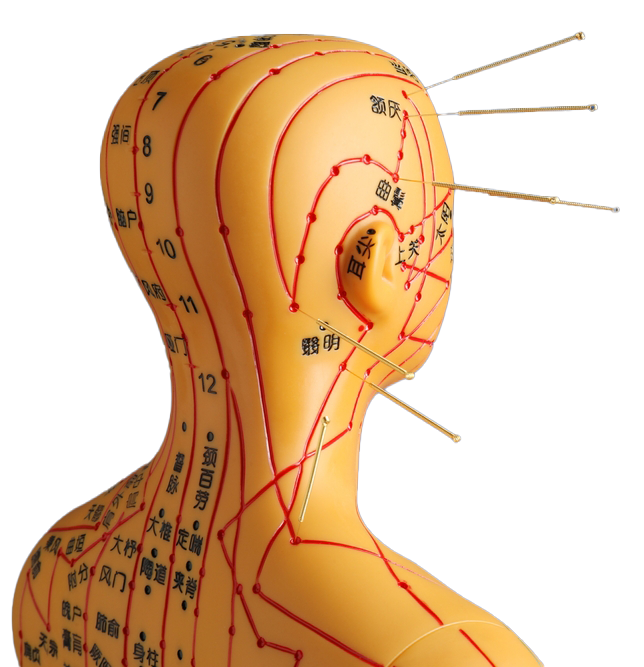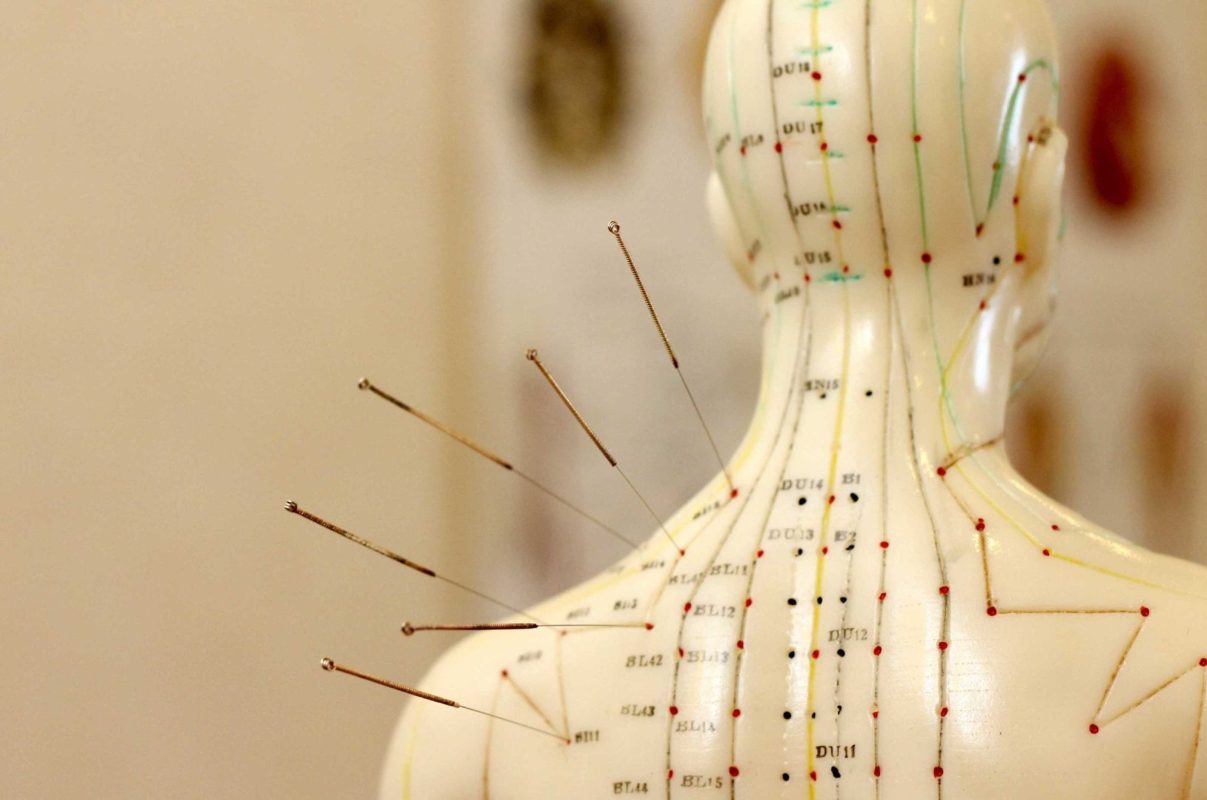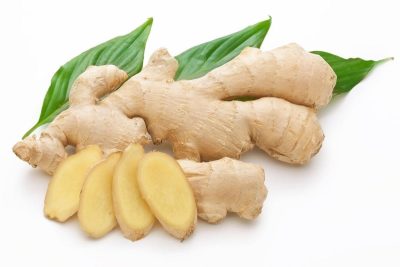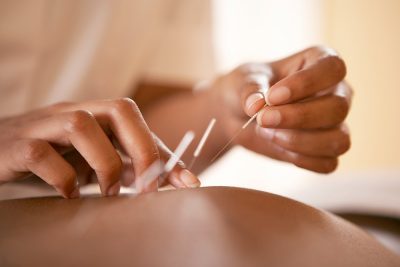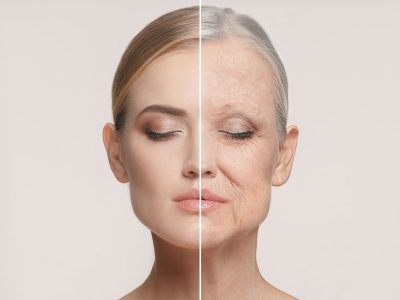- Facet joint Radiofrequency Thermocoagulation (RFT) Treatment
- Radiofrequency Thermocoagulation Dorsal root ganglion (DRG) radiofrequency thermocoagulation (RFT)
- Discitis Procedure
- Sacroiliac Joint Radiofrequency Treatment (Simplicity)
- In-Disc Ozone Therapy
- Nucleoplasty
- Transforaminal Injection (Pinpoint)
- Facet joint block
- Epidural Injection
Acupuncture
- Home
- Complementary Medicine Methods
- Acupuncture
Contents
Toggle- Creating an individualised treatment plan
- The role of different specialities (physiotherapist, orthopaedist, psychologist, neurosurgeon)
- Pain treatment during pregnancy
- Treatment of chronic pain in the elderly
- Pain management in children
- Stress management
- Healthy eating
- Ergonomic living arrangements
- Exercise and mobility
- Facet joint Radiofrequency Thermocoagulation (RFT) Treatment
- Radiofrequency Thermocoagulation Dorsal root ganglion (DRG) radiofrequency thermocoagulation (RFT)
- Discitis Procedure
- Sacroiliac Joint Radiofrequency Treatment (Simplicity)
- In-Disc Ozone Therapy
- Nucleoplasty
- Transforaminal Injection (Pinpoint)
- Facet joint block
- Epidural Injection
- Cancer pain
- Permanent Epidural / Spinal Port Application
- Vascular Port (Permanent Vascular Access)
- Trigeminal Nerve RFT
- Blockade of Ganglion Stellatum
- Lumbar Sympathetic Ablation
- Facet joint Radiofrequency Thermocoagulation (RFT) Treatment
- Radiofrequency Thermocoagulation Dorsal root ganglion (DRG) radiofrequency thermocoagulation (RFT)
- Hernia Burning (IDET)
- Discitis Procedure
- Sacroiliac Joint Radiofrequency Treatment (Simplicity)
- Permanent Epidural / Spinal Port - Pump System
- In-Disc Ozone Therapy
- Nucleoplasty
- Peripheral Nerve Block
- Transforaminal Injection (Pinpoint)
- Facet joint block
- Epidural Injection
- Intra-articular Fluid Treatment
- Dorsal root ganglion (DRG) radiofrequency thermocoagulation (RFT)
- Spinal cord stimulation (pain pacemaker)
- Ergonomic living arrangements
- Spinal cord stimulation (pain pacemaker)
- Nucleoplasty
- Radiofrequency ablation
- Herbal solutions
- Dry needle treatment
- Anti-ageing treatments
- Ozone therapy
- Cupping therapy - Cupping
- Mesotherapy
- Prolotherapy
- Acupuncture
- Stem Cell Therapy
- Nerve blockages
- Corticosteroid injections
- Massage and relaxation techniques
- Manual therapy
- Electrotherapy
- Neuropathic pain medications
- Anti-inflammatory drugs
- Muscle relaxants
- Painkillers (paracetamol, ibuprofen, etc.)
What is Acupuncture?
Acupuncture Traditional Chinese Medicine(GÇT) is one of the thousands of years old practices. It aims to achieve balance and well-being through stimulation of certain points on the body, usually with very fine and sterile needles. According to Chinese medicine, there is an energy flow in the body called "Qi" (also pronounced Chi). This energy circulates along channels called meridians. Acupuncture aims to protect physical and mental health by regulating imbalances in energy flow. Today, acupuncture is seen as a complementary method used in combination with many modern medical treatments or alone.
What is Acupuncture Treatment Good for?
Acupuncture can show positive effects in a wide variety of disorders thanks to its potential to activate the body's self-healing mechanism:
- Pain Management: Migraine, headache, pain caused by lumbar-neck hernia, joint and muscle pain.
- Stress and Anxiety: The easing of emotional fluctuations, a feeling of calmness and relaxation.
- Digestive System Problems: Indigestion, gastrointestinal disorders, constipation or diarrhoea.
- Hormonal Balance: It can be supportive in some female diseases (menstrual irregularities, menopausal symptoms) and thyroid problems.
- Sleep Disorders: Helps to reduce complaints of insomnia (insomnia) and poor quality sleep.
- Supporting the Immune System: Reducing the frequency and severity of conditions such as colds and allergies.
Of course, the level of effectiveness may be different for each patient and condition. Acupuncture can often give the best results when used in combination with other treatments.
Is Acupuncture Harmful?
Acupuncture in general, if applied correctly is considered a safe method. In particular, the use of sterile and disposable needles significantly reduces the risk of infection. However, as with any treatment method, it is important to be careful in some cases:
- People with bleeding disorders: If there is a blood clotting problem or if blood thinners are used, the possibility of bruising or bleeding at the injection sites may increase.
- Pregnancy Although acupuncture is generally considered safe in pregnant women, the choice of application points is important. It must be approved by the doctor and supervised by a competent acupuncturist.
- Risk of Infection: Acupuncture performed under unsuitable conditions or with unhygienic materials may increase the risk of infection.
Therefore, whether acupuncture is harmful or not depends to a large extent by whom and how it is implemented depends. Working with a licensed, experienced specialist is the key to minimising risks.
How is Acupuncture Treatment Performed?
- Examination and Diagnosis:
- In the first step, the acupuncturist assesses the patient's complaints and general state of health.
- If necessary, modern medical tests and methods such as pulse, tongue, skin examination in accordance with the Traditional Chinese Medicine approach are used together.
- Creating a Treatment Plan:
- It is determined which points, how many sessions and how often needles will be applied.
- In some cases, auxiliary methods such as ear acupuncture, electro-acupuncture or cupping therapy can be added to the treatment.
- Implementation Phase:
- The patient usually lies supine or prone and takes a comfortable position.
- Thin, sterile needles are carefully inserted into the designated acupuncture points.
- The needles may remain in the skin for 15-30 minutes. During this time, the patient may experience a slight tingling, warmth or a feeling of relaxation.
- Monitoring and Evaluation:
- The patient is constantly observed throughout the treatment.
- As the sessions progress, complaints are evaluated and the treatment protocol is rearranged if necessary.
What Should Be Considered Before Acupuncture Treatment?
- Not coming on an empty stomach: Going to the treatment on a very hungry or very full stomach may increase the feeling of discomfort during the session. It is ideal to have a light meal 1-2 hours before the session.
- Comfortable Clothes: Since areas such as arms, legs and back may be exposed during the session, it is appropriate to wear comfortable and removable clothes.
- Not being sleepy or tired: Acupuncture applied in a vigorous body can give more efficient results. You may experience blood pressure fluctuations during prolonged sleep deprivation.
- Inform your doctor: Conditions such as medication, chronic illnesses or pregnancy must be reported to the therapist.
- Pre-Session Rest: Avoiding stressful or strenuous activities before the treatment helps you to feel more relaxed during the session.
Who is Acupuncture Applied to?
-
- Stress and Pain Complaints: Those who want to relieve chronic pain such as tension-type headache, neck-lumbar pain, stiff shoulders.
- People with Digestive Problems: People with persistent ailments such as acid reflux, stomach cramps, constipation or diarrhoea.
- Those suffering from hormonal imbalance or gynaecological diseases: Menstrual irregularities, menstrual pain, menopausal symptoms or infertility processes as supportive treatment.
- Psychological Tension and Anxiety: In the supportive treatment of conditions such as intense anxiety, depression or panic attacks.
- Seekers of Better Sleep: Individuals who have difficulty falling asleep and have insomnia.
In general, it can be applied to every healthy adult over the age of 18, but there are restrictions on certain points in pregnant women and children. For this reason in consultation with an acupuncturist and, if necessary, a doctor individualised assessment is required.
Frequently Asked Questions About Acupuncture
Do acupuncture needles hurt?
Usually no. Acupuncture needles are very thin and there is usually a slight stinging, tingling or warmth in the treated area. Most people do not experience any major discomfort.
How many sessions are required?
This depends on the individual's condition and the duration of the discomfort. For some mild pain, a few sessions may be sufficient, while chronic problems may require regular sessions lasting weeks.
Can acupuncture replace modern medical treatments?
Acupuncture is usually a complementary method. Instead of abandoning your current treatment plan, you can get support from acupuncture with your doctor's recommendation.
Are needles disposable?
Professional centres disposable and sterile needles are used. This eliminates the risk of infection or infectious diseases.
How long does the effect last?
It depends on the person and the type of discomfort. Some patients feel relief after the first session, while others may experience significant improvement after several sessions.
What should I pay attention to after an acupuncture session?
At the end of the session, a calm rest and plenty of water consumption are recommended instead of heavy exercises or stressful environments. Giving yourself time in this process, in which the energy flow of the body is regulated, supports healing.
Usually no. Acupuncture needles are very thin and there is usually a slight stinging, tingling or warmth in the treated area. Most people do not experience any major discomfort.
This depends on the individual's condition and the duration of the discomfort. For some mild pain, a few sessions may be sufficient, while chronic problems may require regular sessions lasting weeks.
Acupuncture is usually a complementary method. Instead of abandoning your current treatment plan, you can get support from acupuncture with your doctor's recommendation.
Professional centres disposable and sterile needles are used. This eliminates the risk of infection or infectious diseases.
It depends on the person and the type of discomfort. Some patients feel relief after the first session, while others may experience significant improvement after several sessions.
At the end of the session, a calm rest and plenty of water consumption are recommended instead of heavy exercises or stressful environments. Giving yourself time in this process, in which the energy flow of the body is regulated, supports healing.
Conclusion
Acupuncture, as an ancient medical practice, can support both physical and spiritual balance. When applied correctly, the risk of side effects is low and it has been observed that it is good for many ailments. However, like every treatment method, it must be personalised and under the supervision of a specialist. If you have chronic pain, stress-related problems or a search for balance, you can consult an acupuncturist to find out if this natural and holistic approach is suitable for you. Remember, it is the most reliable way to get professional advice in every step you take for your health.
Our treatments
- Home
- Complementary Medicine Methods
- Acupuncture
